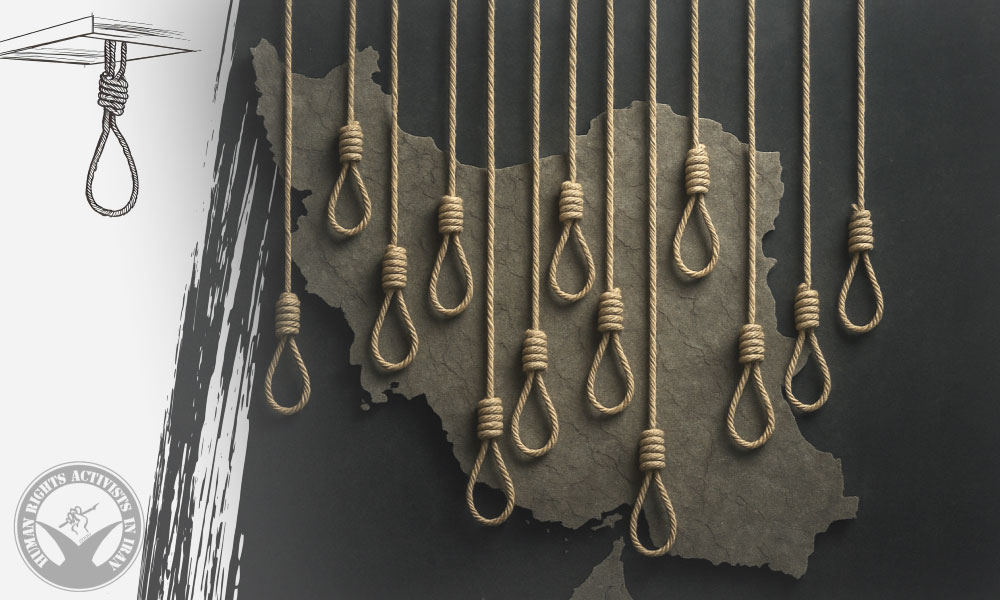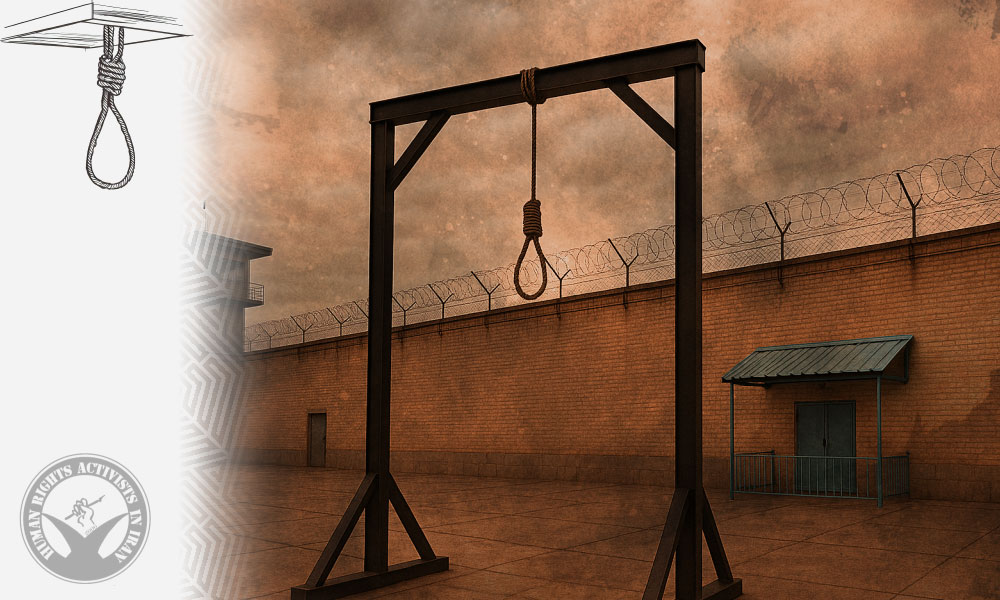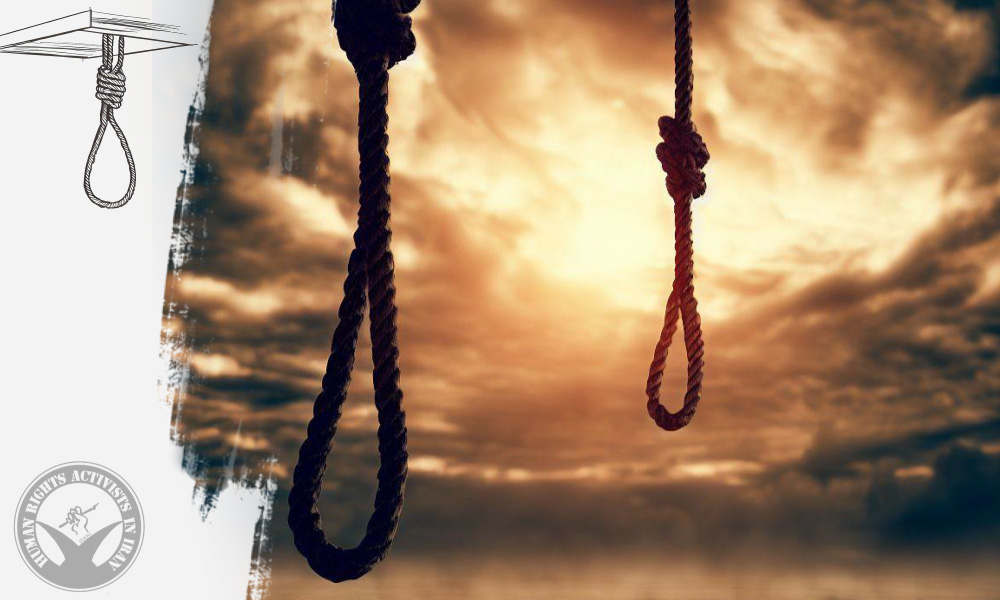HRANA- Amid an unprecedented surge in executions in Iran’s prisons, fifteen additional executions have been reported over the past three days by HRANA and other human rights organizations.
Sunday, November 30
According to Haal Vsh, a prisoner named Mansour Jalali, a father of three, was executed in Kerman Prison on drug-related charges.
Monday, December 1
According to HRANA, on this day:
• Nourkhoda Karami was executed in Qom Prison on drug-related charges;
• Javad Souri was executed in Shahr-e Kord Prison on a murder charge;
• Seyed Ali Hajipour was executed in Taybad Prison on drug-related charges;
• Tayeb Minaei was executed in Ahvaz Prison on a murder charge;
• Parsa Abdi and an Afghan national were executed in Bandar Abbas Prison on drug-related charges.
HRANA also reported the execution of two prisoners in Tabriz Prison on drug-related charges. Further details, including their identities, are still being investigated.
Tuesday, December 2
According to HRANA, three prisoners were executed in Dastgerd Prison in Isfahan. HRANA has confirmed the identity of one of them, Shahab Mokhtari, whose death sentence was carried out at dawn today. Mokhtari had been arrested earlier on drug-related charges and later sentenced to death by the Revolutionary Court.
HRANA also reported the execution of a prisoner named Sultan Morad Nasiri in Esfarayen Prison. Several years ago, he had been arrested in Kerman Province on drug-related charges and sentenced to death by the Revolutionary Court.
According to Mizan, the death sentence of a prisoner was carried out in public in Semnan. The head of the Semnan Provincial Judiciary stated that the prisoner had strangled his wife to death in 2020 and subsequently staged the scene to conceal the crime.
The NGO Iran Human Rights also reported the execution of a 27-year-old prisoner named Abbas Mozaffarzadeh, from Malard, on drug-related charges in Qom Prison.
Except for the public execution in Semnan, none of the other executions have been announced by prison authorities or other official bodies.













